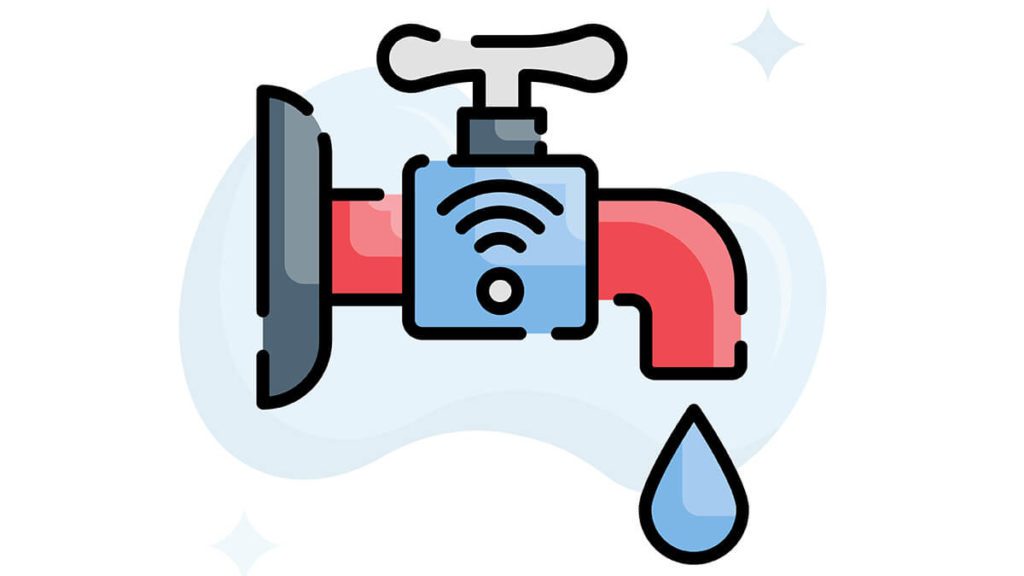
The water sector worldwide is facing significant challenges. While having access to water is a fundamental right, half of the population is still suffering from water scarcity. By 2050, 6 billion people around the world will suffer from the scarcity of clean water, according to The United Nations World Water Development Report published in mid-2019. The Internet of Things (IoT) adoption in the water sector is believed to reduce challenges.
According to Smart Water- A guide to ensuring a successful mobile IoT deployment published by GSMA in 2018, smart water helps in reducing maintenance costs, water consumption, leakage, and billing.
The global smart water grid market is expected to reach $22.2 billion in 2020, according to Smart Water Magazine. Cities around the world are planning to reduce water challenges through smart technologies. According to Smart Energy, Lille – a city in France – is planning to improve water network performance by 6%. Through using IoT-based water management solutions, the city has a target to increase its water performance to 85% by 2023. On the other hand, the United Kingdom is taking the initiative to digitize its water distribution infrastructures aiming to reduce water leakage by 15% by 2025.
In some countries, it is difficult to maintain water infrastructures. The adoption of IoT in the water sector can help predict maintenance and to inspect pipes that are causing water leakage. On the other hand, these technologies can help consumers track their home water usage so they can reduce billing.
Moreover, smart water systems help to prevent contamination by chemical materials and can detect the presence of these materials in rivers and watercourses. The Internet of things can help to reduce environmental damages. An IoT system is crucial for the agriculture sector, as it will help to secure irrigation based on an automatic schedule. Smart irrigation provides the right amount of water for a specific duration and only when needed.
Recently, LoRa Alliance and the Smart Networks Water Forum have formed a new strategic partnership to accelerate the adoption of IoT in the water sector, according to Smart Energy.
Adoption of the LoRaWAN technology enables leak identification, ensures users’ safety by monitoring water quality, plans for water availability through peak periods, and conducts billing management.
In light of the Covid-19 pandemic, there is a high water demand. IoT can play a significant role in limiting the spread of the virus.